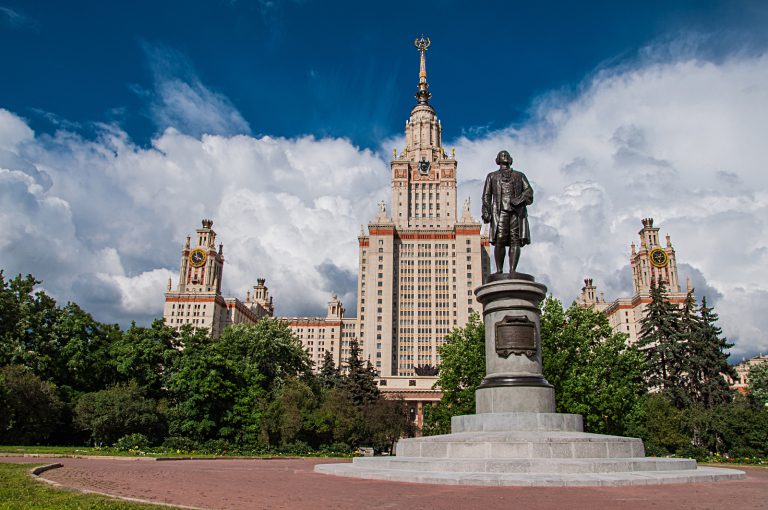
Russia has announced its plan to launch the first international university rankings headquartered in the country, called “Three Missions of Universities”, according to the Russion Rectors’ Union.
The union’s chairman and Rector of Moscow State University, Viktor Sadovnichy, said at a press conference earlier this month that the rankings are expected to garner global recognition, while input from international experts will be included in the work over time.
“Russia is a country with a very rich history and strong traditions in the educational system.
“Many countries have learned from our educational system. We were an example even for developed countries, which are now leaders in various rankings. Our education system deserves a deeper look, to be understood and used for our development,” he said, as reported by Russia Beyond The Headlines.
Russia: New university rankings to be launched in 2017. https://t.co/vtMlpmTPAb #highered #Russia #rankings #universities
— UniversityWorldNews (@uniworldnews) November 16, 2016
Universities will be ranked based on 34 indicators, which are divided into five categories: “Education” (accounting for 40 percent of a university’s rating), “Science” (30 percent), “Internationalisation” (10 percent), “Stability and Development Potential” (10 percent), and “Distance Education” (10 percent).
The rankings will look at Russian universities, as well as overseas institutions, particularly those in Japan, China, Brazil, India, Iran, Turkey, and those in member nations of the Commonwealth of Independent States (CIS).
The “Three Missions of Universities” rankings were set up by the Russian Union of Rectors and the Russian Academy of Sciences on request by President Vladimir Putin and will be compiled by the Association of Rankings Compilers.
New university rankings to be launched in 2017 https://t.co/4qxOXkMKzK | University World News
— HE News (@HEontap) November 14, 2016
QS, Times Higher Education, and Shanghai Ranking are among the most well-known world universities rankings, but have been criticised by some experts of being “biased”.
To avoid falling into that same pitfall, Sadovnichy said, as quoted by Vestnik Kavkaza: “We don’t consider expert opinion, which is the most important in many rankings. We want everything to be evaluated based on objective data, indicators, and wanted to have as much of these indicators as possible.”
He added that the results of the national Russian sector would be completed by March or April 2017, while the regional and international rankings would be published the following year based on the national study.
Image via Shutterstock
Liked this? Then you’ll love these…
Russian government plans cuts to specialised university courses
Chinese universities ‘most represented’ in latest QS BRICS rankings







